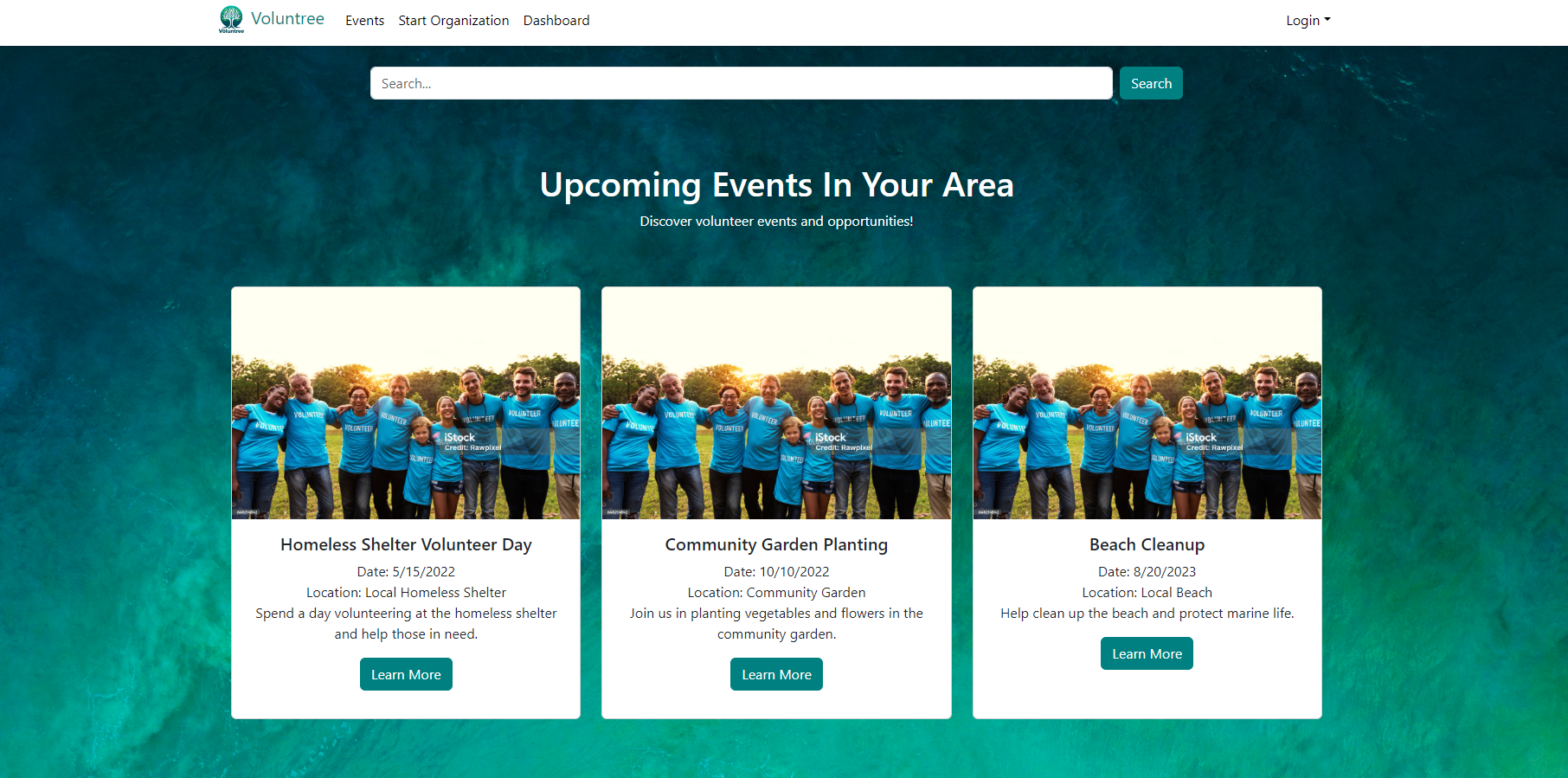Software Engineering: Giving Back
08 May 2024
Building Skills
The second semester of software engineering (ICS 414) was a chance to implement things learned throughout my first class and improve on them. However, this time we would be working directly with a client to create a project that would help serve the community of Oahu. Our client proposed a project in which people would have a place to find organizations, create new volunteer opportunities, and become part of a community to improve our island through volunteer work. The task was to create a functioning website in a semester with the feedback and help of our client. The class was organized into teams of eight, with each team required to present updates on project milestones biweekly. This structure differed from traditional academic formats, focusing instead on real-world project management and team collaboration.
Self Focus
This class was different than a traditional semester class because it focused on project deadlines and teamwork mirroring a real-world work environment. A significant component of our learning this semester was through self-motivation and adaptability. Weekly we had to face the demands and needs of an ever-changing project. These skills are essential in a dynamic professional setting where initiative can drive success.
Challenges of a Team
From the beginning of the project, we were broken up into teams of eight. One of the main challenges of this class is working with a team and communicating what needs to be done as well as what changes have been made. If someone is working on the project and changes something that you are working with there may need to be changes to your code before implementation. This was done through a GitHub community for our group team, Octagon. Ahead of each project milestone, we held discussions to review our progress and plan necessary updates in preparation for the next client presentation.
Working With a Client
This semester also allowed us to have the special opportunity of working with a client to envision and create a product that could be used in the real world. A significant advantage of this course was the focus on creating a tangible project, which contributed to our professional portfolios, differing from the typical exam-taking approach of many college courses. It emphasized the importance of balancing learning with practical application. This allowed us to apply the skills we’ve learned as computer science majors to produce a product that mirrors the dynamics and demands of a professional work environment.
My Last Semester
Throughout my time at the University of Hawaii at Manoa, I have learned many different skills that will prepare me for my life as a working professional. This class was not just about software development, it was about navigating real-world scenarios and enhancing my problem-solving abilities through my past experiences. Delivering a meaningful project that could impact the community of Hawaii has increased my passion for technology and computer science. As I look forward to the professional world, I feel prepared and ready to contribute to my future endeavors.